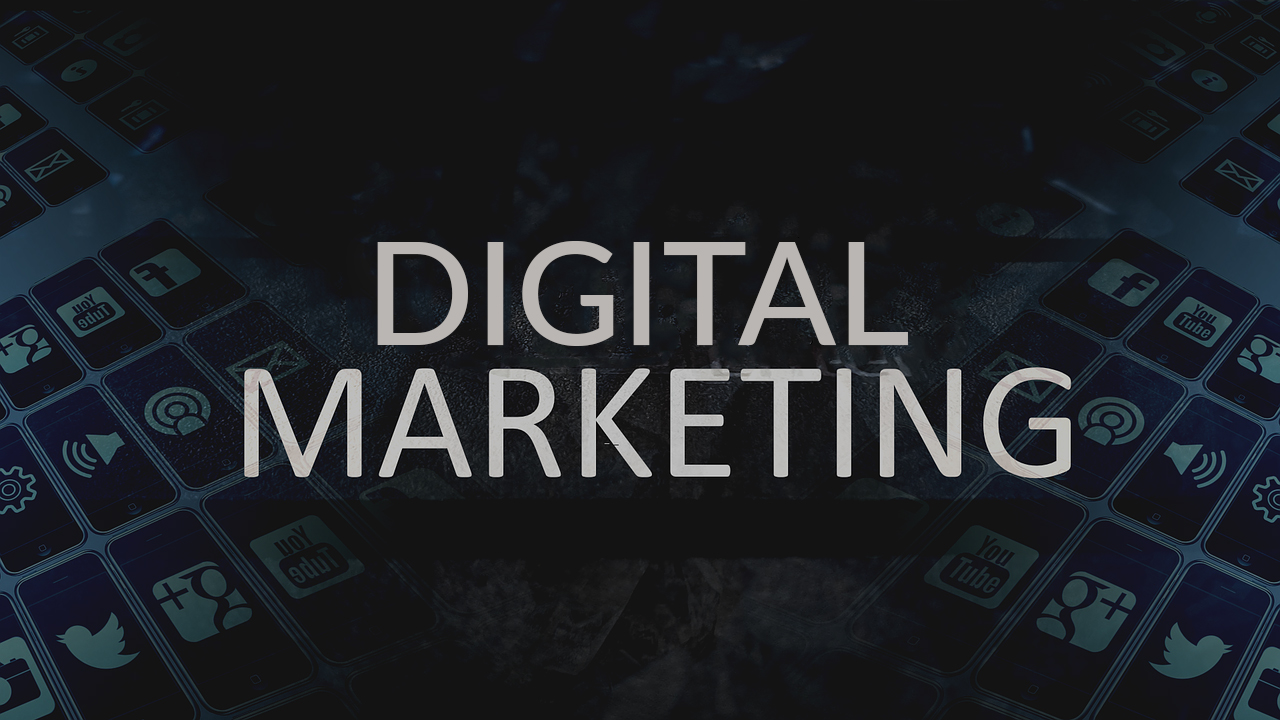Social media has penetrated deep into the life of humans in almost every possible parameter. As the rise of smartphone and tech gadgets are more frequent, the exchange and flow of information have become extremely easy.
In a recent survey conducted by a top American university, it was clear that people who own a web-enabled phone spends around 2 – 4 hours while checking their feeds and news on their social media platforms. That’s a huge amount of time and gives a great opportunity for businesses to grow and reach a maximum audience. An active and decent social media page helps greatly in strengthening your brand without being annoying (Inbound marketing)
For example, if Jim’s feed is filled with the last night’s birthday party that he had attended then popping up the latest shoes from Jimmy Choo won’t look bad. Here’s the deal, are your sales even after spending millions in marketing aren’t justifying your ROI? Are you still searching for the big Marlboro epic ad campaign that changed the whole horizon of how cigarettes were used to take by the people? Stay on as we are about to explain the tricks that will benefit your business insanely. Here is the definitive guide to market your business on facebook:
Step Number One: Optimization will sail you through:
Have you noticed one common practice often used by most prominent brands on social media? They are appealing even to the people who aren’t even interested in the brand or page. What draws them towards them? One simple approach is optimization!
A Username Matters the Most:
Let’s learn this with an example.
Now, ask yourself, which one you like the most? The second one is easily understandable and it makes more sense than its counterpart. Always try to claim a vanity URL as it serves the purpose well.
Keywords Can Get a Deal for You:
Including relevant keywords is the fundamental practice of SEO. Using specific keywords can end up all the results of a query on your page. Make it a habit to add potential searchable words and a brief description of the business that you’re operating.
A Category Matters the Most:
In order to reach a maximum number of people and elevate your profits, one should avoid placing their business in an improper set of categories.
A specific category would help you in getting placed on the Facebook Graph Search. The most common ones are choosing ‘Companies & Organizations’
An Image Speaks More Than Words:
It’s a proven fact that the majority of people would first see the cover and profile image and then decide if they want to spend time on the page reading content or not. Making images to speak about your business is perhaps the best approach that can grab you multiple customers and boost your “likes” count instantly.
Participating In Groups Can Boost Engagement:
Bragging about being the best is possible the biggest false marketing approach that you can ever adopt. Instead, you should concentrate more on contributing to the industry by providing important tips and tricks. This will help you in elevating your engagement and fan base, probably a vintage approach, but surely not a lame one.
Don’t try to be in a rush and declaring yourself as the best option for the people. As deep inside you know, you’re not.
Organic Vs Non-Organic Likes:
Users cannot be fooled! Read this one more time. Users cannot be fooled! With easy access to information, the once used to innocent users or customers are now your worst critique, who is capable of ripping apart your products within a matter of a few seconds.
Often time’s marketers buy Facebook likes in order to show their credibility to the potential user or customer. Buying fake likes can make the credibility of the organization into question as it shows a lack of transparency and integrity.
In August, last year Facebook announced its plans about disabling more than 80 million fake accounts that would surely be a big blow to the face of the people who aren’t following the right approach.
Facebook Ads:
For quite some time, Facebook has expanded its horizon from “Connecting The World” to “Helping Reaching your Business to Target Audience”
They give more exposure to your brand by featuring your content on the user’s feed and give an opportunity to them so; users can place their order as well. Choosing your campaign objective will help you meet your advertising goals.
To create the best possible Facebook ad, you can use a good spy tool to see which of your competitor’s ads are working best.
How to Meet Your Objectives Using Facebook Ads:
You might place a doll face or video on the whole Ad campaign, but it doesn’t matter if you haven’t placed your most important content on the first page. Then, it’s almost certain that you won’t be able to make it big.
“Place your Most Important Content on the First Page”
Use Call to Action Button:
Placing a call to action button at the end of your Ad is like a perfect ending to the story. “Shop Now” “Claim Now” are some of the most important Adjectives that helps in converting potential leads to regular customers. Let them know why they should click on your ad!
The Final Statement:
There could be tons of important features that can help you to boost the business that you’re operating, but the above-mentioned ones are the most relevant in terms of building a brand and reaching to the more number of people.
We hope you had a great time going through our article and will surely implement these strategies in order to gain maximum profit from your organization.
Read Also :

























